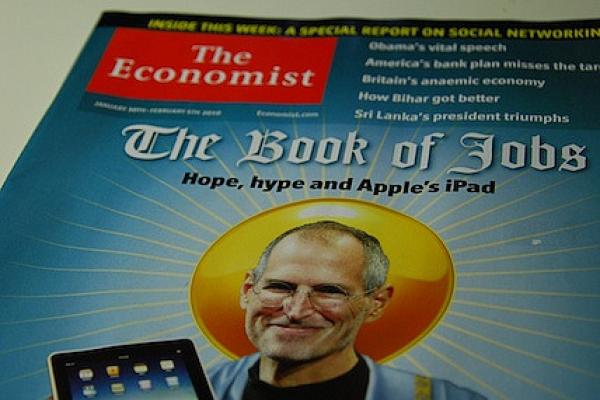The new movie about Steve Jobs is short on anything explicitly religious. Like its main character, however, it’s got a thread of transcendence running through it.
The truth about Jobs and religion may be that, in this arena as in others, he was ahead of the cutting edge.
The film isn’t making the purists happy, in part because it takes too many liberties with history. But it’s not a documentary. I’ll go against many of the reviews and say that Ashton Kutcher does a pretty good job at representing the personality found in Jobs’ speeches and in what has been written about Jobs — particularly in the massive authorized biography by Walter Isaacson.
One quote in that book, from one of Jobs’ old girlfriends, pretty much captures the character in the film: “He was an enlightened being who was cruel,” she told Isaacson. “That’s a strange combination.”
Read the Full Article

